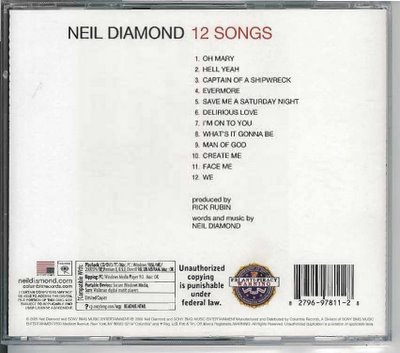Veterans Day, 2005
November 2, 2005
A Proclamation by the President of the United States of America
Americans owe a great debt of gratitude to those who have sacrificed for our liberty and for the security of our Nation. We express deep appreciation to our veterans -- the men and women who stepped forward when America needed them, triumphed over brutal enemies, liberated continents, and answered the prayers of millions around the globe.
From the beaches of Normandy and the snows of Korea to the mountains of Afghanistan and the deserts of Iraq, our courageous veterans have sacrificed so that Americans and others could live in freedom. As we mark the 60th anniversary of the end of World War II this year, we remember the millions of veterans who crossed oceans and defeated two of the most ruthless military forces the world has ever known. The freedom that the children and grandchildren of these veterans now enjoy is a monument to their fallen comrades and the generations of patriots who have served our country.
Through their commitment to freedom, America 's veterans have lifted millions of lives and made our country and the world more secure. They have demonstrated to us that freedom is the mightiest force on Earth. We resolve that their sacrifices will always be remembered by a grateful Nation.
With respect for and in recognition of the contributions our service men and women have made to the cause of peace and freedom around the world, the Congress has provided (5 U.S.C. 6103(a)) that November 11 of each year shall be set aside as a legal public holiday to honor veterans.
NOW, THEREFORE, I, GEORGE W. BUSH, President of the United States of America, do hereby proclaim November 11, 2005, as Veterans Day and urge all Americans to observe November 6 through November 12, 2005, as National Veterans Awareness Week. I urge all Americans to recognize the valor and sacrifice of our veterans through ceremonies and prayers. I call upon Federal, State, and local officials to display the flag of the United States and to encourage and participate in patriotic activities in their communities. I invite civic and fraternal organizations, places of worship, schools, businesses, unions, and the media to support this national observance with commemorative expressions and programs.
IN WITNESS WHEREOF, I have hereunto set my hand this second day of November, in the year of our Lord two thousand five, and of the Independence of the United States of America the two hundred and thirtieth.
GEORGE W. BUSH





 What's that American flag doing
What's that American flag doing 













